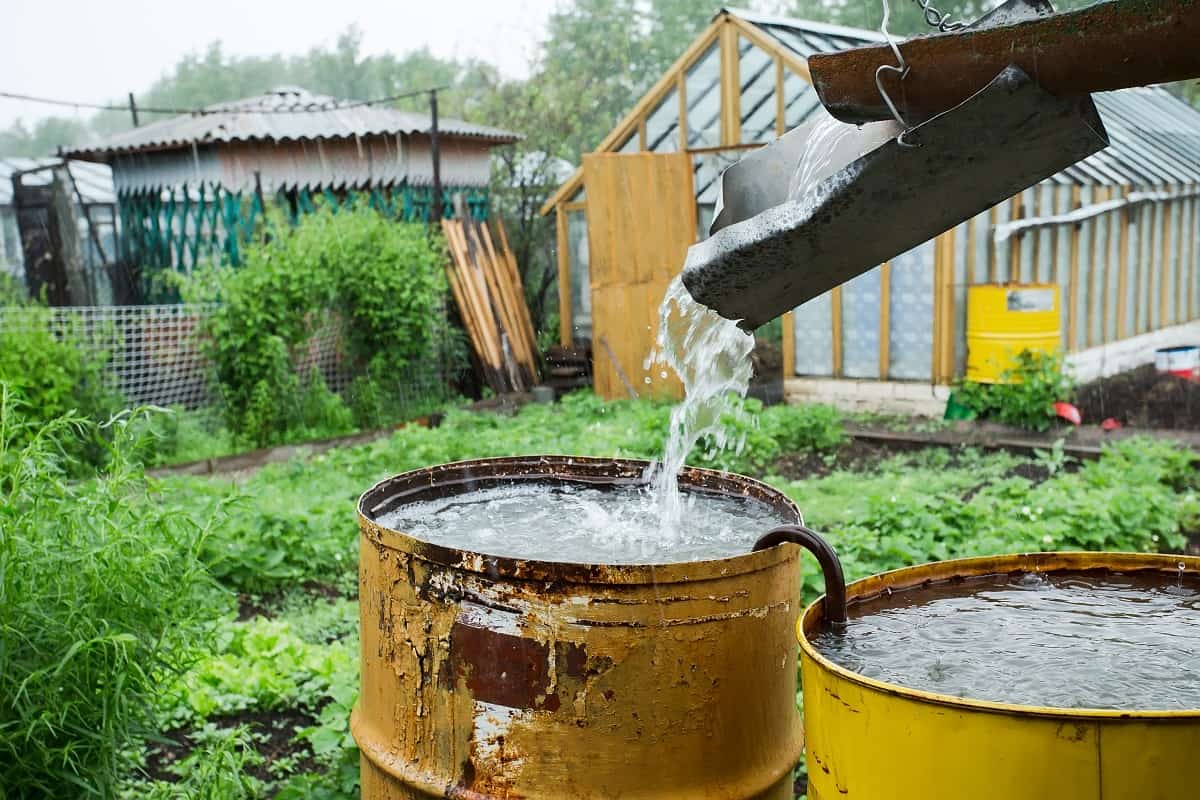This article is about building a sustainable homestead and offers tips for off-grid living. It provides insights into the importance of self-sufficiency and how to achieve it. The article also covers various topics such as water collection, food production, energy generation, and waste management.
Off-grid living has become increasingly popular in recent years as more people seek to live a more self-sufficient and sustainable lifestyle. Building a sustainable homestead requires a lot of hard work, dedication, and planning.
However, the rewards are immeasurable. Living off the grid provides a sense of freedom and independence that is hard to come by in our modern society. In this article, we will share tips and insights on how to build a sustainable homestead and achieve a more self-sufficient lifestyle.
Water Collection
Water is one of the most important resources for off-grid living. Collecting and storing rainwater is a great way to ensure a constant supply of clean water. Installing a rainwater catchment system involves placing gutters on your roof and directing the water to a storage tank.

It is important to use a food-grade storage tank to avoid contamination. Another option is to drill a well or use a natural spring as a water source. Regardless of the method, it is important to have a backup plan in case of a drought.
Food Production
Growing your own food is an essential part of sustainable living. A good starting point is to establish a vegetable garden. Choose crops that are well-suited to your climate and soil type. Companion planting is another great way to maximize your garden’s yield.
You can also raise chickens for eggs and meat. Chickens are easy to care for and provide a great source of protein. Consider building a greenhouse to extend your growing season and protect your crops from pests.
Energy Generation
Generating your own power is a key component of off-grid living. Solar panels are a popular choice for renewable energy. They are easy to install and require little maintenance. Wind turbines are another option for generating power, but they require more space and can be noisy. A backup generator is also recommended in case of extended periods without sun or wind.
Waste Management
Off-grid living requires a different approach to waste management. Composting is a great way to turn food scraps and yard waste into nutrient-rich soil for your garden. Human waste can be composted as well, but it requires a special composting toilet. Burning trash is not a sustainable option and can lead to air pollution. Recycling and reusing materials are also important to reduce waste.
Heating and Cooling
Maintaining a comfortable temperature in your home is essential for off-grid living. Wood stoves are a popular choice for heating. They are efficient, cost-effective, and provide a cozy atmosphere. For cooling, consider using passive cooling methods such as shading your windows, using reflective roofing materials, and planting trees for shade.
Building Materials
Choosing sustainable building materials is important for off-grid living. Materials such as straw bales, adobe, and cob are eco-friendly options that provide good insulation. Using salvaged materials is also a great way to reduce waste and save money. When selecting materials, consider their durability and environmental impact.
Water Conservation
Conserving water is important for off-grid living. Installing low-flow toilets and showerheads can reduce water usage. Greywater systems can also be used to recycle water from sinks and showers for use in the garden. Rainwater catchment systems can also be used to collect water for non-potable uses such as irrigation.
Livestock
Raising livestock such as cows, goats, and sheep can provide a source of meat, milk, and wool. However, it requires a significant amount of space and resources. It is important to consider the amount of feed and water required for each animal, as well as the space needed for grazing. Before investing in livestock, make sure you have enough resources to sustain them.
Education and Skill-building
Living off-grid requires a wide range of skills and knowledge. Take the time to educate yourself on topics such as gardening, animal husbandry, and renewable energy. Attend workshops, read books, and learn from experienced homesteaders.
It is also important to develop practical skills such as carpentry, plumbing, and electrical work. Having a diverse skill set can help you troubleshoot problems and save money on repairs.
Community Building
Building a strong community is important for off-grid living. Join local homesteading groups and attend events to connect with like-minded individuals. Share your skills and knowledge with others and learn from their experiences. Building a network of support can help you overcome challenges and provide a sense of belonging.
Financial Planning
Off-grid living requires a significant upfront investment. It is important to develop a financial plan that accounts for the cost of land, building materials, and equipment. Consider alternative financing options such as loans from local credit unions or crowdfunding platforms. It is also important to have a contingency plan in case of unexpected expenses.
Resilience and Flexibility

Living off the grid requires resilience and flexibility. Unexpected challenges such as extreme weather or equipment failure can occur at any time. It is important to have backup systems in place and to be prepared to adapt to changing circumstances. Developing a mindset of resilience and adaptability can help you thrive in an off-grid lifestyle.
Conclusion
Building a sustainable homestead requires dedication, hard work, and planning. However, the rewards of off-grid living are immeasurable. By implementing the tips and insights shared in this article, you can achieve a more self-sufficient and sustainable lifestyle.
Remember to be patient, persistent, and adaptable in the face of challenges. With the right mindset and resources, you can build a successful off-grid homestead that provides a sense of freedom and independence.

